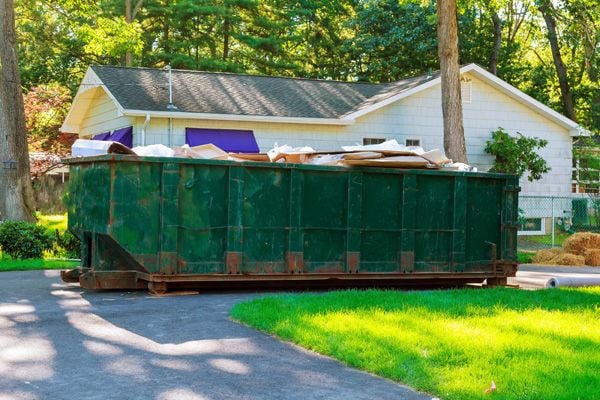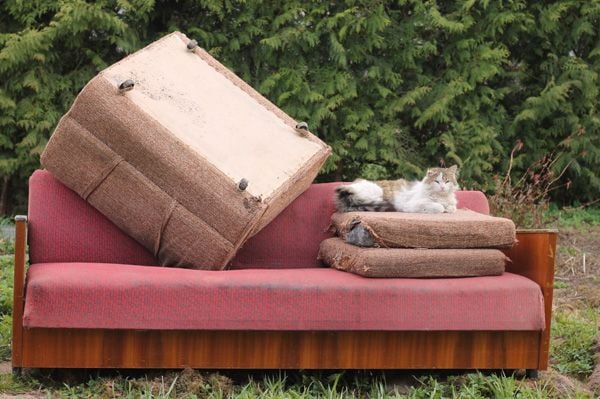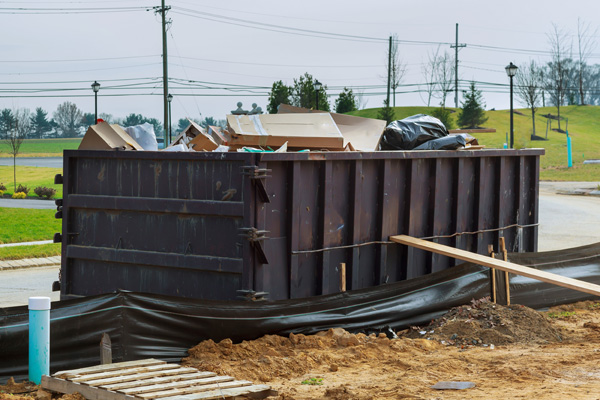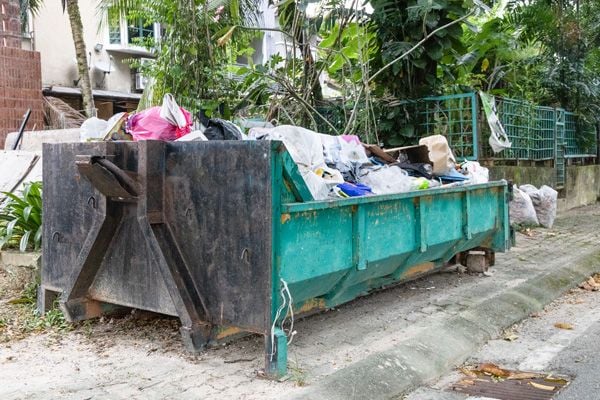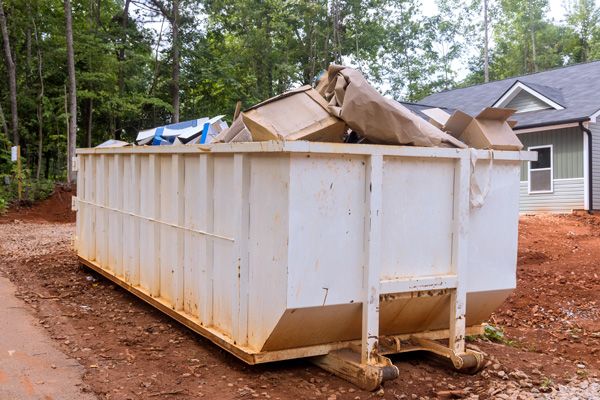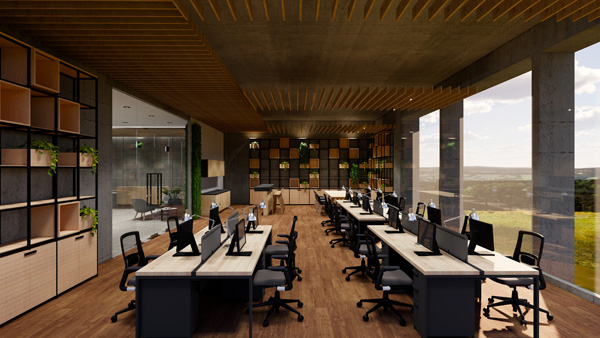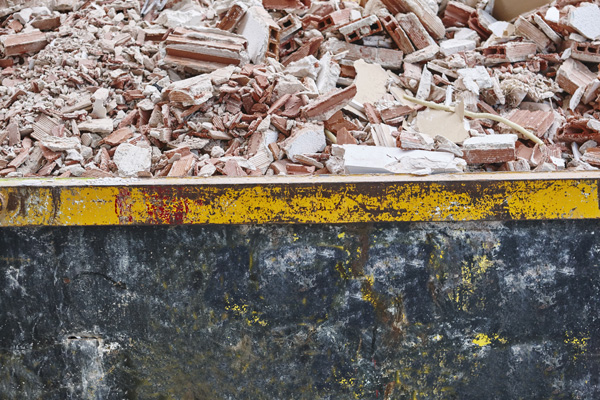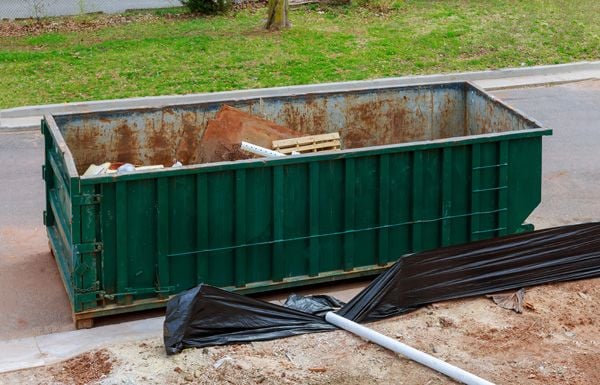Dumpster Rental For Biofuel Production: Tips And Tricks
Dumpster rental for biofuel production is becoming a popular choice among many businesses and organizations. As the demand for alternative, renewable sources of energy grows, so does the need to access efficient resources that allow us to meet our goals. This article provides an overview of dumpster rental for biofuel production and offers valuable tips and tricks to make sure you get the most out of your experience. Biofuels are a type of fuel created through biological processes such as fermentation or combustion. Examples include biodiesel and ethanol, which can be produced from materials like vegetable oils or corn starch. Biofuels offer numerous advantages over traditional fossil fuels, including reduced carbon emissions and lower dependence on foreign oil. The use of biofuels in transportation has been growing steadily since their introduction in the late 1990s. In order to produce these types of fuels efficiently, it is necessary to have proper waste management procedures in place. Dumpsters provide an excellent way to collect, store, transport and dispose of any residual material generated during the process. It is important to understand how dumpster rental works when planning your project; this article will discuss some tips and tricks to help ensure successful execution with minimal disruption. Waste To Energy: Advantages And Disadvantages Waste to energy, or WTE, is the process of generating energy from the burning of organic waste. This practice has been in use for centuries and is gaining attention as a viable alternative fuel source due to its benefits over traditional fossil fuels. Advocates of WTE point to how it reduces carbon dioxide emissions and provides an additional way to dispose of food and other types of solid waste that would otherwise be single-use. However, this technology also comes with certain drawbacks that must be considered before jumping into biofuel production. One major advantage of utilizing waste to generate energy is that it can provide a secondary income stream while promoting sustainability. By turning organic materials such as wood chips, paper products, food scraps, and animal manure into usable fuel sources, producers are able to reduce their dependence on conventional petroleum-based fuels. In addition, since these materials contain combustible components like cellulose and lignin, they do not release any new carbon dioxide when burned – essentially allowing producers to “lock” away existing greenhouse gases instead of releasing more into the atmosphere. At the same time though, there are some potential downsides associated with using WTE for biodiesel production. For one thing, depending on the type of material being used (such as agricultural produce), there may be a need for special processing prior to combustion in order to maximize efficiency; this could add significant costs up front. Additionally, incineration produces ash residue which needs proper disposal; if done improperly it can lead to environmental contamination or health risks down the line. Finally, because this technology relies heavily upon large scale infrastructure investments upfront (power plants) it may lock producers into long-term contracts without much room for flexibility should market conditions change abruptly or unexpectedly. Given these advantages and disadvantages then it becomes important to weigh them carefully against each other when deciding whether or not dumpster rental for biofuel production makes sense financially and environmentally. Next we will examine another factor often taken into consideration: incineration versus biofuel production methods themselves… Incineration Vs Biofuel Production When it comes to waste-to-energy solutions, incineration and biofuel production are two of the most popular options. Each option has its own advantages and disadvantages and in this section we will discuss them both. The first advantage of incineration is that it produces heat energy which can be used for a variety of industrial applications from powering factories and large buildings, to providing steam or hot water for heating systems. Additionally, burning organic matter reduces landfill space by reducing the amount of solid waste sent to landfills. However, incineration also releases pollutants into the atmosphere, such as carbon dioxide (CO2), nitrogen oxides (NOx) and sulfur dioxide (SO2). Biofuel production offers an alternative solution to waste management problems since it uses household junk like cooking oils and vegetable filter as fuel sources instead of relying on fossil fuels. The process involves converting these materials into biodiesel through a reaction between triglyceride fats or oils and alcohols such as methanol or ethanol. This biodiesel can then be used in vehicles similar to conventional diesel fuel but with far fewer emissions released into the environment. Additionally, some forms of biomass may even be able to convert deep fryer oil back into usable frying oil. Biofuel production does have some drawbacks however; including high costs associated with collecting enough biomass material from landfill sites as well as higher operating expenses due to more complex processes involved in producing biodiesel compared to traditional petroleum products. When deciding between incineration vs biofuel production there are several factors that need to be taken into consideration including cost efficiency, environmental impact, availability of raw materials/waste products and long term sustainability potential. For instance, if you are looking for a more sustainable option with lower environmental impacts then biofuel may be your best choice while if you want something cheaper and easier to manage then incineration might make more sense financially wise. Ultimately it depends on your individual needs when choosing between the two methods of liquid waste disposal solutions. Liquid Waste Disposal Solutions For companies looking to create biofuel, proper liquid waste disposal is essential. Power vehicles used for production purposes may generate grease and green waste that needs to be disposed of responsibly. When searching for a suitable liquid waste disposal solution, businesses should first consider working with a local recycling company or center in order to reduce their carbon footprint. A reliable recycling facility can help identify the best way of disposing of any greases and oils generated from power vehicle operations. Businesses should also look into specialized services such as grease traps, which are designed to capture fats, oils and grease before they enter the sewer system. Grease trap maintenance is
Dumpster Rental For Biofuel Production: Tips And Tricks Read More »

